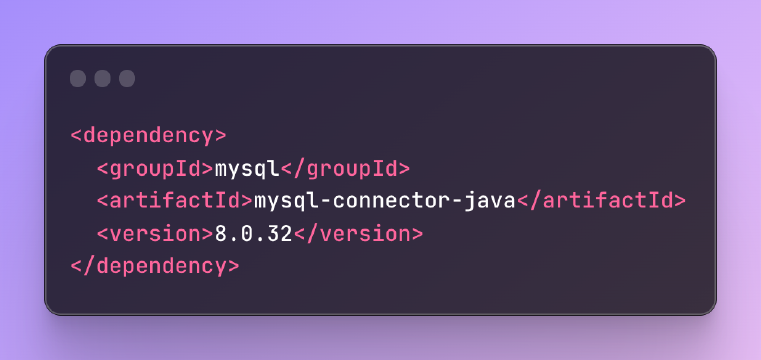Excerpt§
Adhering to MySQL naming conventions like snake_case, PascalCase and UPPERCASE promotes better code quality through improved readability, consistency, and differentiation of object types.
Naming conventions in MySQL help structure database objects like tables and procedures with consistency and readability. In this article, we’ll cover the standard naming conventions used for MySQL and the benefits they provide.
Introduction to MySQL§
MySQL is a widely used open source relational database management system. It is used to store, organize and query data for many popular web and mobile applications.
MySQL allows you to create databases, tables, views, routines and other programmatic objects. Naming these objects appropriately is an important part of development.
MySQL is Not Case Sensitive by Default§
An important factor for naming in MySQL is that it is case insensitive by default for most operations like queries and joins. So User and user refer to the same table or column name.
However, MySQL can be configured for case sensitivity by setting the lower_case_table_names variable. More on name case sensitivity later.
MySQL Naming Conventions§
MySQL does not enforce naming rules, but there are common conventions followed:
snake_case for Tables and Columns§
Table and column names typically use snake_case style:
1CREATE TABLE user_accounts (
2 user_id INT,
3 account_name VARCHAR(50)
4);
sqlYou can quickly convert text to snake case online.
PascalCase or camelCase for Routines§
Stored procedures and functions often use PascalCase or camelCase:
1DELIMITER //
2
3CREATE PROCEDURE GetUserOrders()
4BEGIN
5 ...
6END //
7
8DELIMITER ;
sqlUse a Pascal case or camel case converter. Come and verify
UPPERCASE for Constants and Configs§
Constants and configuration parameters are usually in UPPERCASE:
1SET MAX_CONNECTIONS = 500;
2
3SELECT * FROM USERS;
sqlEasily convert text to uppercase.
Benefits of MySQL Naming Conventions§
Using standard naming conventions provides benefits like:
- Readability - More intuitive to parse and understand
- Consistency - Aligns with community standards
- Clarity - Easier to differentiate object types
Overall this improves maintainability and collaboration for MySQL projects.
Formatting for Readability§
In addition to conventions, formatting can augment readability:
- Use
_underscores and capitalization to separate words - Be consistent in naming across the codebase
- Validate names with online case converters
When to Use Other Styles§
In some cases, it may make sense to deviate from conventions:
- Match names from legacy or imported systems
- Special handling for cross-references
- Clarity overrides conventions in rare cases
Use online tools to convert names when integrating external systems.
Tools for Applying Conventions§
Tools that can help implement naming conventions:
- Libraries like pygram for programmatic case conversion
- Database refactoring tools like dbForge for renaming at scale
- Online case converters for ad hoc usage
Configuring Name Case Sensitivity§
As mentioned earlier, MySQL is case insensitive for table names by default. But this can be changed by setting the lower_case_table_names system variable.
Enabling case sensitivity impacts table names, queries and index handling. Modify this variable with care in production databases.
Conclusion§
Adhering to MySQL naming conventions promotes:
- Readability and maintainability
- Community standards adoption
- Clear visual differentiation of object types
Avoid cryptic, arbitrary names by following style guidelines. And use online tools to convert names when integrating or refactoring.
Consistent, intuitive naming is crucial for professional MySQL development and administration. Follow conventions, validate with tools, and configure case sensitivity with caution.















